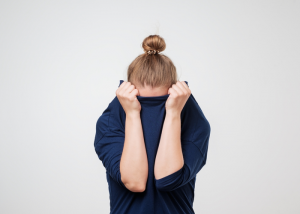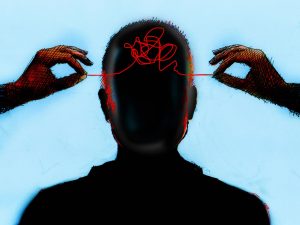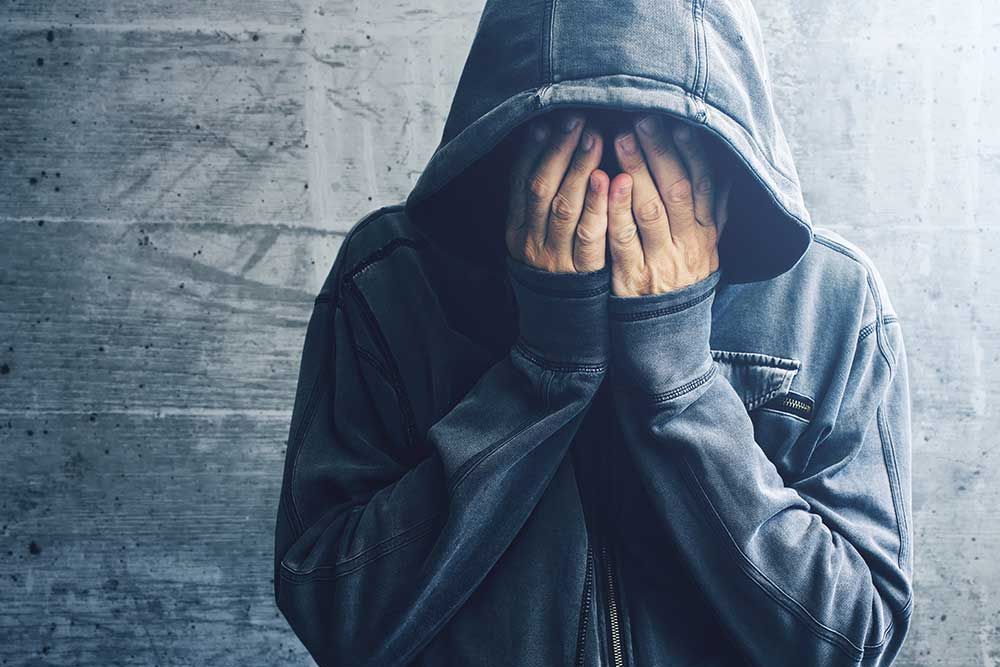It’s possible to have both a substance use disorder and a mental health problem. If you have these, it’s called a dual diagnosis. Thus, the treatment you need must address both problems at once instead of one by one. If the two issues are treated separately, one may grow worse while treating the other.
Dual diagnosis is still a new, emerging field of study. If you’re curious, here are some facts about dual diagnosis and the treatments for it.
Dual diagnosis is common
Many people suffering from mental illnesses also struggle with substance abuse. According to the data, more than 25 percent of those with mental disorders also have issues with substance abuse. This is especially true for those who are afflicted with anxiety or mood disorders.
Generally, substance abuse is most associated with the following mental disorders:
 Anxiety disorders
Anxiety disorders- Depression
- Personality disorders
- Eating disorders
- Schizophrenia
- Post-Traumatic Stress Disorder (PTSD)
- Bipolar disorder
Depression and anxiety are usually linked to alcohol addictions. According to one study, those who suffered from alcohol use disorder were 4 times more likely to also have depression and 3 times more likely to also have an anxiety disorder.
What is most strongly linked to substance abuse, though, is bipolar disorder. Statistics show that the chances of substance addiction and bipolar disorder happening at the same time is 50 to 60 percent.
Either one may come first
It’s possible for the mental disorder to occur first, which could trigger substance use. But the reverse could also be true. Many people with substance abuse problems would develop mental disorders later on.
But what came first is not the issue. The more important thing is both conditions must be treated together. This way, patients have much better outcomes in recovery.
Mental disorders can lead to substance abuse
People who suffer from mental disorders are more vulnerable to taking addictive substances. They could even get addicted to their own medications. Or, they could try to self-medicate and take illegal drugs to treat their symptoms. For example, those with depression could resort to heroin for its uplifting, euphoric effects.
Also, having mental disorders sort of gives people a reason to take drugs. If it would numb the symptoms of their mental disorders, they can justify taking those drugs.
Substance use may cause mental disorders
 Similarly, the opposite is true. People who regularly abuse substances are more likely to develop mental disorders in the future.
Similarly, the opposite is true. People who regularly abuse substances are more likely to develop mental disorders in the future.
Addictive substances often alter the chemistry of users’ brains. Over time, these effects would alter brain function. In turn, this may lead to various mental disorders like panic attacks, anxiety, and depression.
Also, substance abusers are exposed to more stress and have fewer healthy ways to cope. Users are in this kind of environment on a daily basis, which can make their states of mind worse. Soon enough, the repeated exposure to stress, as well as the constant intake of drugs, would encourage mental disorders to develop.
Dual diagnosis tends to be confusing
Symptoms of mental disorders may often resemble those of substance use disorders and vice versa. There are some slight differences, so mental health professionals have to be careful in making diagnoses. If not, they can make hasty conclusions about patients’ conditions. In turn, the treatments assigned to patients may not be appropriate for them.
One way to make a more accurate diagnosis is to assess patients when they are sober. This may be a challenge, though, for long-time drug users.
For this reason, it’s important to seek rehab centers that are knowledgeable about how to treat dual diagnosis cases.
Integrated Treatment works best for dual diagnosis cases
In integrated treatment programs, patients are assessed for both substance use disorders and mental health disorders. Then, patients can be enrolled in treatments appropriate for them.
The American Addiction Centers recommend that patients receive intensive medical and therapeutic care for both conditions at the same time. Usually, this means the patient has to go into an inpatient rehab center. This way, medical and mental health professionals can monitor their progress at all times.
It is still possible, though, for patients with dual diagnoses to go through outpatient rehab. The treatments are less intensive, though, so for severe cases, the outpatient route may not be quite effective.
Treating both conditions at once has some benefits. First, professionals can help patients manage their mental health while avoiding the effects of substances. These often make the mental health problems worse, so with the substances out of the way, the patients would have milder symptoms.
Also, mental health disorders can intensify urges to take addictive substances. Integrated treatment plans would also avoid this tendency.
Integrated care should begin during detox and continue through aftercare. With this, patients’ chances of recovery are a lot better.
Therapies used in Integrated Treatment
Integrated treatments usually involve more than one kind of therapy. To deal with the substances, patients often go through medically-assisted detox. Here, they are given medications to flush out the substances from their bodies. Patients are also assisted in managing withdrawal symptoms so they can avoid those urges to take drugs again. They receive 24/7 care, and help is always at the ready when the need arises.
To address the behavioral aspects, these therapies are commonly used:
 Cognitive behavioral therapy (CBT): explores patients’ thoughts and beliefs and uses those to help change their behaviors
Cognitive behavioral therapy (CBT): explores patients’ thoughts and beliefs and uses those to help change their behaviors- Contingency management: giving patients small incentives for behaving well, such as staying sober or avoiding self-destructive behaviors
- Dialectical behavioral therapy (DBT): often used to treat borderline personality disorder by helping patients avoid self-harm, substance use, and suicidal tendencies
- Motivational enhancement: helps patients be more motivated to make positive changes in their lifestyles
- Mutual-support groups: Narcotics Anonymous, and other similar groups, offer meetings for those with dual diagnoses.
Take note, though, that there is no one-size-fits-all approach for integrated treatments. Each treatment plan must be tailor-fit to each patient’s unique needs. This works best as each patient has a different kind of mental health problem, and they don’t use the same substances either.


